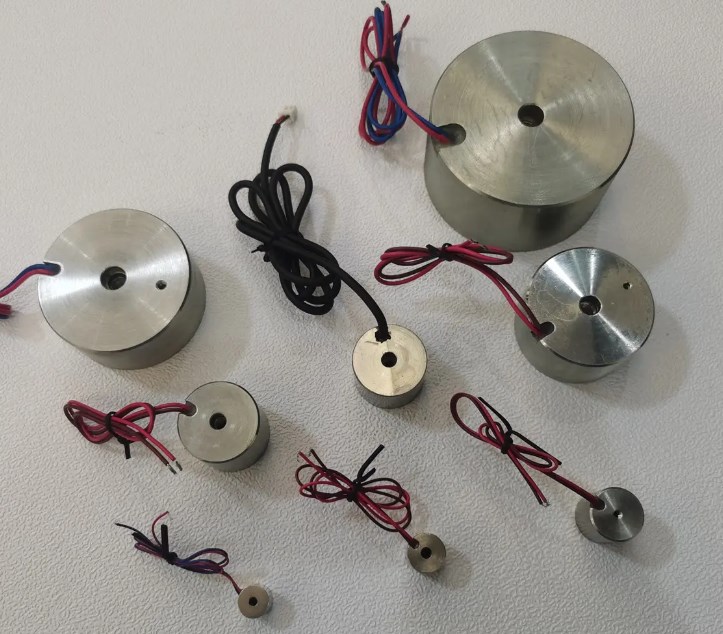How to Avoid Neodymium Magnet Corrosion?
Compared with permanent magnet materials such as ferrite, neodymium magnets (NdFeB magnets) have excellent magnetic properties. These magnets are the most powerful permanent magnets and the most commonly used rare earth magnets, which are widely used in electronics, power machinery, medical equipment, toys, packaging, hardware machinery, aerospace, and other fields. However, neodymium magnets (NdFeB magnets) are very susceptible to corrosion. Then how to avoid neodymium magnet corrosion? In this article, we will introduce several conventional treatment methods of the neodymium magnetic surface to avoid corrosion.
 How to Avoid Neodymium Magnet Corrosion?
How to Avoid Neodymium Magnet Corrosion?
How to Avoid Neodymium Magnet Corrosion? – 1. Phosphorization
Phosphorization is a process through chemical and electrochemical reactions to form phosphate chemical transformation film. Phosphorization has the following purposes:
1.) To protect the base metal from corrosion to a certain extent.
2.) Used as a primer before painting to improve adhesion and corrosion resistance of the film layer.
3.) It plays the role of antifriction and lubrication in the metal cold working process.
Phosphating process has been applied in industry for more than 90 years, which can be roughly divided into three periods: the period of laying the foundation of phosphating technology, the period of the rapid development of phosphating technology, and the period of extensive application of phosphating technology.
How to Avoid Neodymium Magnet Corrosion? – 2. Electroplating
Electroplating is the process of plating a thin layer of other metals or alloys on the surface of some metals by electrolysis. The electroplating process is the use of electrolysis to make metal or other materials of the surface attached to a layer of the metal film process, so as to prevent metal oxidation (such as corrosion), improve wear resistance, electrical conductivity, reflective, corrosion resistance and enhance the aesthetic effects. In addition to neodymium magnets, many COINS have their outer layers electroplated.
How to Avoid Neodymium Magnet Corrosion? – 3. Electrophoresis
Charged particles move towards electrodes opposite to their electrical properties under the action of electric fields, which is known as electrophoresis. The technique of separating charged particles by their different speeds in an electric field is called electrophoresis technique.
Electrophoresis is one of the anti-corrosion surface treatment techniques widely used in sintered NdFeB and bonded NdFeB permanent magnets. Electrophoretic coating not only has good adhesion with a porous magnet surface but also has the properties of resistance to salt spray, acid, and alkali corrosion.
Conclusion
Thank you for reading our article and we hope it can help you to have a better understanding of how to avoid neodymium magnet corrosion. If you want to know more about neodymium magnets and other magnet products, we would like to recommend to visit Stanford Magnets for more information.
As one of the leading magnet product suppliers across the world, Stanford Magnets has been involved in R&D, manufacturing, and sales of permanent magnets since the 1990s and can provide customers with high-quality rare earth permanent magnetic products such as neodymium magnets.















